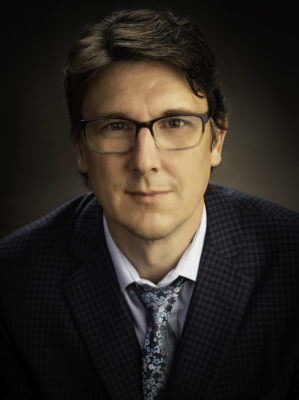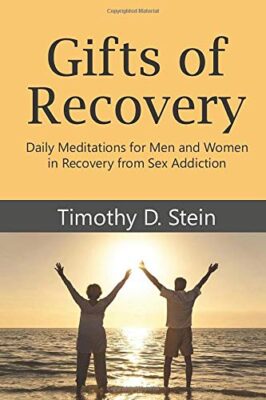 By Tim Stein
By Tim Stein
Meditation from Gifts of Recovery.
Yesterday I was clever, so I wanted to change the world. Today I am wise, so I am changing myself.
– Rumi
We often want the world around us to be different. We want our partners to be empathetic. We want our friends to be supportive and available. We want society to be understanding and open-minded. However, changing others is beyond our immediate control. What we can do is change ourselves. As we focus on being empathetic of our partner’s experience, supportive and available to our friends in their times of need, and understanding and open-minded of those who do not see the world as we do, we become catalysts for change. With consistency and patience, we contribute to the larger healing of others and our community.
When have I wanted others to be different? When have I been intolerant of others? What gifts await me as I live the change I desire from others?
* * * * * * * * * *
As therapists, we are in the profession of helping others create change. We have studied, practiced, and consistently refined the process of effective change. It is a valuable and useful skill set. However, it is ineffective, and possibly harmful, if we only focus on changing others. Time and again, one of the best predictors of successful outcomes in therapy is whether your clients believe you would follow your own advice. To help others change, we must be willing to embrace the process of change ourselves. It can be challenging to convince others to walk a path that is unfamiliar to us. Inviting others to walk a path we know (or are getting to know) is much easier. A wise therapist allows their therapeutic work to change them as well as their clients.
 It is common to hear those in early recovery embrace anger and frustration about the world and how it makes their recovery life difficult. Alcoholics express frustration about ads for alcohol sprinkled throughout sporting and cultural events. Those in recovery from eating disorders lament pervasive messages about the perfect body. Gambling addicts are frustrated about scratchers at the checkout counter and office pools for various sporting events. Sex addicts grumble about TV shows becoming increasingly risqué and people dressing provocatively. As wounded healers, we know the “It’s not me. It’s them.” refrain well. We hear it from our clients, and we spend much time breaking through this denial.
It is common to hear those in early recovery embrace anger and frustration about the world and how it makes their recovery life difficult. Alcoholics express frustration about ads for alcohol sprinkled throughout sporting and cultural events. Those in recovery from eating disorders lament pervasive messages about the perfect body. Gambling addicts are frustrated about scratchers at the checkout counter and office pools for various sporting events. Sex addicts grumble about TV shows becoming increasingly risqué and people dressing provocatively. As wounded healers, we know the “It’s not me. It’s them.” refrain well. We hear it from our clients, and we spend much time breaking through this denial.
When we focus on changing ourselves, we follow the advice we offer our clients and work to take responsibility for our life and situations. It is valuable to periodically assess our level of accountability and ownership. Are we leaning into recovery wisdom by maintaining and continually improving our recovery choices and boundaries? Are we looking first at our part of a conflict or how we contributed, intentionally or unintentionally, to a current challenge? Are we owning the path we walk even when it is uncomfortable or inconvenient? Or, are we lamenting the triggers around us that challenge our sobriety? Are we the clever addict who attempts to manipulate people and situations to smooth our own path instead of walking our program through each step of discomfort?
As therapists, we help our clients accept their situation, identify the parts they can influence, and then actively put energy into what they can do to manage and improve their situation; we help clients to change themselves. As wounded healers, applying this same wisdom to changing ourselves is important. We benefit and those around us benefit as we live the change we desire from others.
